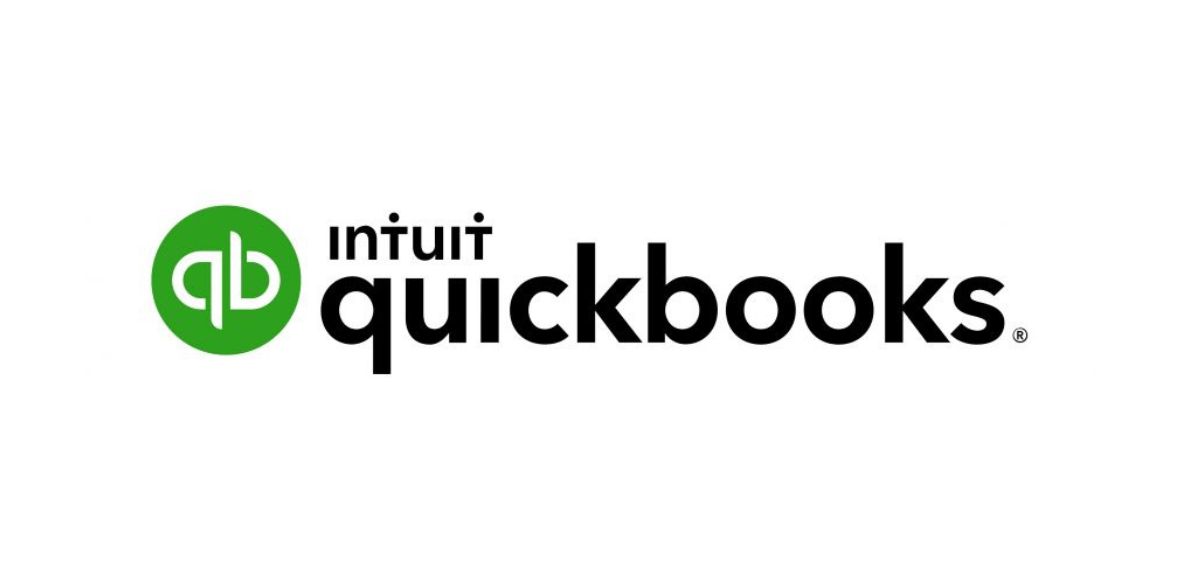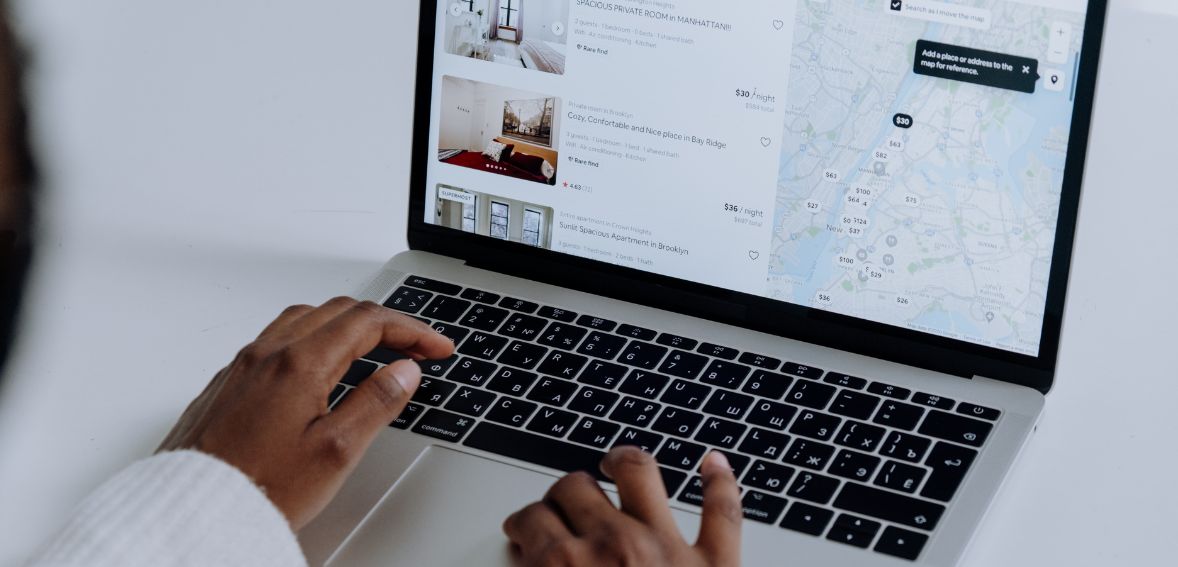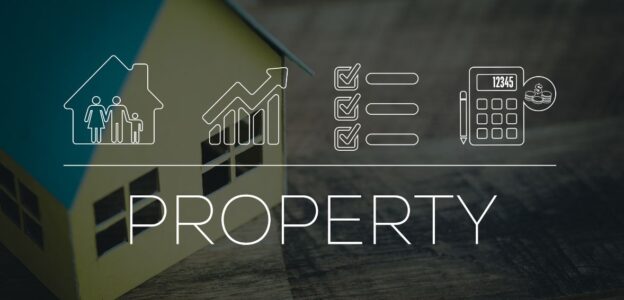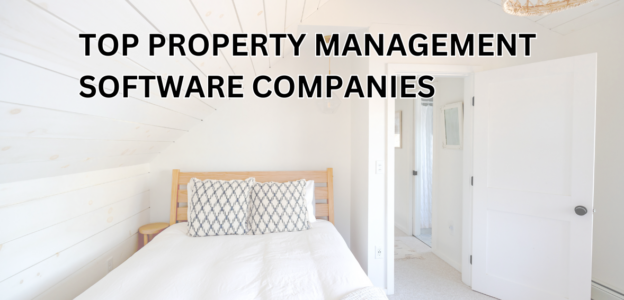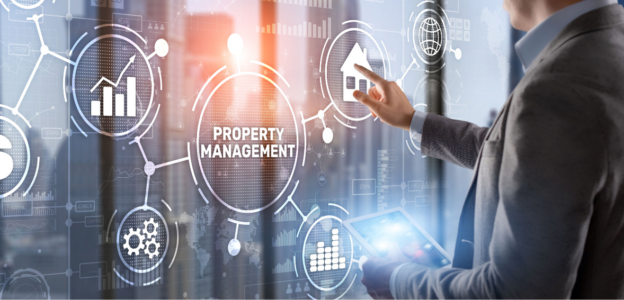In today’s business environment, contractors and other companies depend heavily on physical assets such as equipment, machinery, vehicles, and tools to operate effectively. These assets require regular maintenance to maintain their longevity and performance. Maintenance management plays a vital role in ensuring that these assets are kept in good condition and are used efficiently.
Previously, maintenance management relied on paper-based systems, which could have been more efficient but were prone to information loss. With the introduction of cloud-based maintenance management systems, businesses can manage their maintenance tasks more efficiently and effectively.
This article will discuss the significance of maintenance management, introduce the concept of computerized maintenance management, and outline the advantages of implementing maintenance management software in your business.
Difficulties in Maintenance Management

Maintenance management often needs to improve due to outdated processes and the need for a centralized work order system. Recognizing these problems is crucial to developing effective solutions and enhancing maintenance operations.
In contracting, the conventional maintenance approach is plagued with numerous issues and inefficiencies, such as:
- No Standardization: Maintenance practices vary without standardized procedures and documentation, compromising reliability and increasing the likelihood of equipment failure.
- Manual Work Management: Relying on manual systems like paper-based work orders or spreadsheets leads to inefficiencies, mistakes, and delays in creating, assigning, and work order tracking.
- Communication Breakdowns: Inadequate communication among maintenance teams, technicians, and other stakeholders can cause misunderstandings, task completion delays, and increased downtime.
- Limited Visibility: Insufficient insight into maintenance activities and asset performance can impede decision-making. This issue makes prioritizing tasks, allocating resources effectively, and planning preventive maintenance difficult.
- Reactive Maintenance: Depending too much on reactive maintenance often results in increased maintenance costs, more frequent downtime, and decreased equipment reliability.
The absence of a centralized work order system significantly impacts both productivity and costs in contractor maintenance management:
Misallocation: Poor resource allocation due to limited insight into ongoing maintenance activities often results in the unnecessary use of time, labor, and materials, which elevates maintenance expenses.
Downtime: Maintenance teams need a centralized system to prioritize tasks effectively, leading to prolonged downtime and interruptions in production schedules.
Higher Maintenance Load: Inefficient work order management and a tendency towards reactive maintenance contribute to increased costs. This is often due to emergency repairs, unplanned downtime, and excessive labor charges.
Delayed Responses: Relying on manual work order management slows down the response to maintenance needs, prolonging equipment downtime and decreasing overall productivity.
Ineffective Scheduling and Planning: The lack of a unified system complicates the planning and scheduling of preventive maintenance, which may result in overlooked inspections and a higher likelihood of equipment failures.
Adopting a unified work order system can address these prevalent issues and inefficiencies in traditional maintenance processes, thereby enhancing productivity and reducing costs for contractors. Implementing a comprehensive work order software solution is vital for improving maintenance management in the contracting industry.
What Is Maintenance Management Software?

Maintenance management software is a comprehensive platform that empowers maintenance teams to manage, monitor, and coordinate a wide range of maintenance activities. This includes everything from scheduling preventive maintenance, managing work orders, and compiling detailed reports. Maintenance software addresses the multifaceted requirements of contemporary businesses with an all-encompassing approach.
This software significantly boosts productivity by transitioning from manual to digital and automated maintenance procedures. It streamlines operations, reduces the frequency and duration of downtime, and significantly prolongs the operational life of essential machinery and equipment. Such software ensures more accurate tracking and improved compliance with maintenance protocols, ultimately contributing to better asset management and operational reliability.
Essential Features of Maintenance Management Software
This section highlights the key components that make these vendor management tools critical for effective maintenance management.
- Preventive Maintenance Scheduling: This feature supports proactive maintenance efforts by organizing routine maintenance tasks based on the usage and historical data of assets, thus minimizing the risk of unexpected equipment failures.
- Asset Management: This function allows for the detailed cataloging and organization of assets such as equipment, machinery, and facilities, creating a centralized hub for important asset details.
- Inventory Control: This tool helps in managing inventory levels of spare parts, enabling better stock control, streamlined reordering processes, and reduced downtime due to parts unavailability.
- Work Order Management: This feature enhances the efficiency of generating, allocating, and monitoring work orders, ensuring that maintenance tasks are completed on time and maintenance team workflows are optimized.
- Mobile Accessibility: Mobile compatibility allows field technicians to use the system via mobile devices, facilitating timely updates, immediate data entry, and effective communication while in the field.
- Equipment Monitoring and Diagnostics: Advanced monitoring and diagnostic capabilities provide real-time insights into equipment health, identify irregularities, and alert for early intervention to avoid significant breakdowns.
- Compliance Management: This feature helps in maintaining compliance with industry standards and regulations through streamlined documentation and automated processes for maintenance-related tasks.
- Reporting and Analytics: This function generates detailed reports and analytics on maintenance operations, asset functionality, and key performance metrics, supporting informed decision-making.
- User-Friendly Interface: The software is designed with an intuitive interface that simplifies navigation and reduces the time required to train new users, encouraging broader use.
- Integration Capabilities: The ability to integrate smoothly with other business management systems, such as ERP or CRM, improves interdepartmental collaboration and data exchange.
- Notification and Alerts: Customizable alerts and notification systems keep users informed about upcoming maintenance duties, pending tasks, or urgent equipment issues, ensuring appropriate and prompt actions are taken.
- Historical Data Storage: A comprehensive archive of all maintenance records allows for trend analysis, performance assessments, and the enhancement of maintenance plans based on historical insights.
How Does Maintenance Management Software Help Streamline the Process?

Maintenance management software tackles these challenges by offering a unified, automated platform to manage all maintenance tasks. Here’s how this software promotes compliance:
Centralized Data for Effective Audits
Centralizing records for all equipment sets the groundwork for robust maintenance. It provides easy access to vital information such as purchase dates, lifespan, depreciation, etc. This consolidation is invaluable for assessing equipment conditions and scheduling services proactively. Centralized data simplifies access to required information and enhances the efficiency and accuracy of maintenance audits.
Regular audits let you track asset location, custody, and maintenance status and identify those needing urgent attention. They also guide the maintenance schedules for various assets, reducing the risk of equipment failure. Maintenance management software plays a key role during audits by ensuring optimal equipment performance and supporting well-informed decision-making, thus preventing excessive and insufficient maintenance.
Efficient Work Order Management
Maintenance management software streamlines the handling of equipment repairs and maintenance through work orders. Creating a work order triggers a maintenance or repair request, incorporating all necessary details, including a comprehensive checklist for the repair process. This system enables precise descriptions of needed materials, saving time and ensuring technicians have the correct resources.
Advanced features in the software allow for the creation of various types of work orders, such as marking an item for “preventive maintenance” before use. Assigning technicians to specific orders ensures proper supervision and adherence to outlined procedures. This approach saves time and enhances the tracking of maintenance and repair activities, allowing for any discrepancies to be noted and addressed. Relevant information can be added to work orders, reducing errors and ensuring each asset receives appropriate care.
Streamlined Inventory Management
Efficient inventory management is crucial for maintenance operations. Poor inventory control can lead to increased costs from scheduling errors, resulting in shortages and delays. An essential aspect of this is managing spare parts inventory, where disorganization can cause delays in maintenance due to difficulty locating necessary parts. Maintenance management software tracks spare part locations and custodianship, ensuring parts are readily available or reordered timely when stocks are low. Effective parts management can reduce inventory costs by 10-30%.
Employing strategies such as “just in time” inventory management enhances service operations by speeding up deliveries and ensuring part availability. This automated approach keeps inventory levels accurate, eliminates the need for manual checks, and allows for monitoring of purchase order histories to maintain budget compliance and ensure part availability.
Monitoring Financial KPIs
Have you ever struggled to assess your total asset investments and evaluate your maintenance performance over time? Maintenance Key Performance Indicators (KPIs) are invaluable in these situations. They simplify tracking maintenance goals and facilitate a strategic assessment of maintenance cost control over periods. For instance, if the management team needs insights into the average response time to maintenance requests to boost efficiency, a dedicated KPI can provide that data.
Every organization sets financial benchmarks to gauge daily performance, and monitoring these is crucial to achieving broader financial goals. Budgets designated for inventory management are overseen using financial KPIs, which aid in managing expenditures and controlling daily operations more effectively. These KPIs provide a comprehensive view of meeting short-term objectives to reach broader goals. They reflect the efficiency of maintenance operations and guide the organization in setting realistic maintenance targets. Additionally, they highlight areas requiring improvement, allowing for prompt corrective actions.
Prompt Maintenance and Service Alerts
Ensuring that all stakeholders receive timely updates is crucial, and automated alerts fulfill this need. Real-time alerts inform users of pertinent actions, enhancing communication within the organization. Maintenance management software offers customizable alert settings tailored to different organizational roles, thus eliminating dependency on emails. This ensures that staff and administrators receive immediate notifications about critical maintenance activities. For instance, if equipment is scheduled for maintenance, relevant users are informed in advance, helping them adjust operations accordingly.
Users can configure alerts in the system to be notified about activities directly impacting their workflows. For example, when a new maintenance request is submitted, they receive immediate information, improving response times. This enhanced visibility into operations allows for quicker identification of areas needing attention. Alerts keep stakeholders informed through various workflow stages, speeding up maintenance management and enabling swift reactions to service requests, thereby minimizing delays in the process.
Automated Reports for Enhanced Efficiency
Data analysis is fundamental to effective maintenance management. Utilizing reports generated by maintenance management software, managers can derive accurate, data-driven insights. These reports facilitate a comprehensive maintenance data analysis, including cost analysis—detailing expenditures on equipment maintenance over specific periods. Additionally, reports can instantly generate lists of assets in preventive maintenance cycles at the click of a button.
Graphs are crucial in these analyses, offering visual insights that enhance understanding and communication across the organization. They clearly depict critical aggregated data, enabling stakeholders to interpret large volumes of information effectively. These graphical representations help compare the maintenance needs of different assets, revealing maintenance trends and enabling more informed decision-making. With such data consolidated into visual reports, stakeholders can engage in more strategic planning and management.
Conclusion
Implementing maintenance management software significantly transforms how businesses handle their maintenance tasks. By moving from outdated, manual processes to a digital, automated system, companies can overcome challenges such as lack of standardization, communication breakdowns, and reactive maintenance.
This software provides essential features like preventive maintenance scheduling, inventory control, and work order management, leading to better resource allocation, reduced downtime, and lower maintenance costs. Enhanced with mobile accessibility, compliance management, and robust reporting vendor management tools, maintenance management software ensures streamlined operations, improved asset reliability, and informed decision-making, ultimately boosting productivity and efficiency in the contracting industry.
Frequently Asked Questions
Software automates tasks, organizes work orders, and optimizes preventative maintenance schedules. It reduces paperwork, simplifies maintenance activity tracking, and boosts productivity with features like real-time tracking and integrated databases, helping businesses minimize downtime and costs.
Essential features include preventative maintenance scheduling, work order management, inventory control, robust reporting and analytics, and mobile accessibility. These functionalities streamline operations, improve efficiency, and empower teams to prevent equipment failures before they occur.
They enhance equipment efficiency through regular maintenance, automate tasks to cut labor costs, improve inventory control to avoid shortages or overstocking, and optimize resource allocation. These efficiencies contribute to learner operation budgets and better financial performance.
Yes, modern CMMS solutions offer customizable options such as tailored dashboards, specific maintenance protocols, and integration capabilities with existing IT systems. This customization ensures alignment with organizational workflows, enhances user adoption, and maximizes return on investment.










